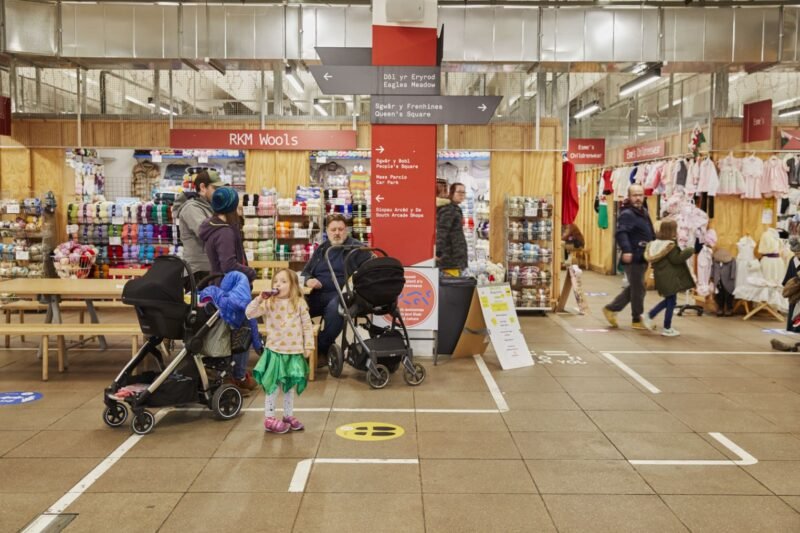Spacious Turns New York’s Empty Restaurants Into Co-Working Spaces
A new startup in New York City is looking for restaurants that are empty during the day to turn them into co-working spaces.
Co-working spaces are popping up everywhere in cities all over the world. The days when freelance workers, urban nomads and other flexible creatives could only work and be connected in overcrowded coffee bars are soon to be over, as co-working spaces in a range of different concepts are tapping into this growing target group. The $16 billion dollar phenomenon of WeWork has been hailed as an exemplar case. However, new startup Spacious from New York is doing it differently — they see potential in spaces that are temporarily unused, like restaurants during the day.
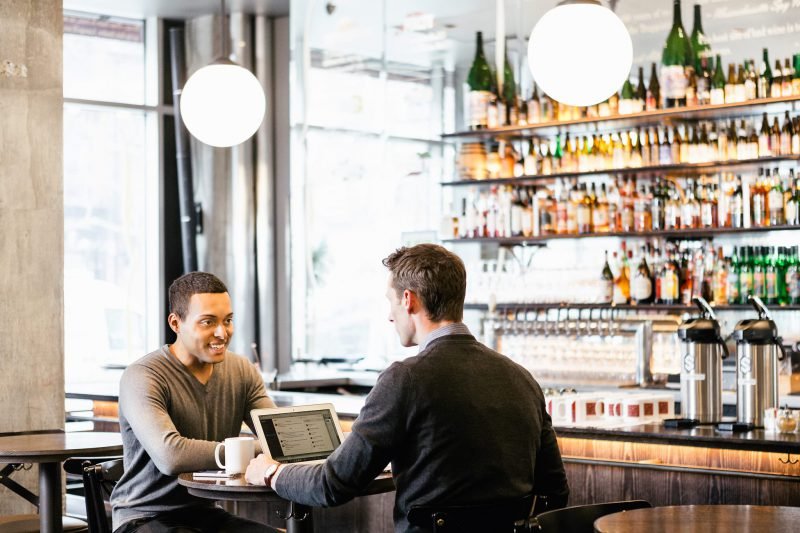
The entrepreneurs are calling their idea a “space hack” and a “reprogramming” of urban space. The aim of Spacious is to unlock a hidden network of co-working spaces, starting with dinner-only restaurants to use their space during the day. In cities like New York, where space is scarce and expensive, making use of space that is already available but simply unused during certain times sounds quite genius. Owner Preston Pesek sees it as a bid to reclaim the city for creative professionals. Only in Manhattan and Brooklyn alone, over 2,000 restaurants are not used during the day, meaning a large excess capacity that the city has. Meanwhile, in every coffee shop that you pass by, people are piling on top of each other with laptops.
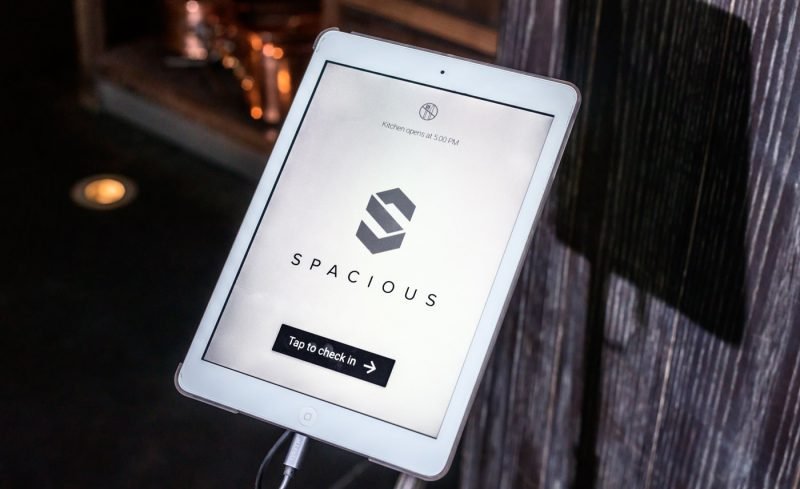
Launched in a Manhattan restaurant earlier this month, the concept is currently planning partnerships with restaurants in Brooklyn, and even San Francisco and Los Angeles. Members of Spacious pay $95 per month and get access to any restaurant in the network. They don’t get lunch, but they do get Wi-Fi, free coffee and water, conference rooms for meetings, and an open work space. Several restaurants have already reached out to become part of the network, but Spacious doesn’t want to include just any space. The space needs to be inviting, comfortable and nice, connected to public transit, be well-designed, and have enough space, obviously. Spacious wants to showcase some of the city’s best spaces and create profit-sharing partnerships with the participating restaurants.
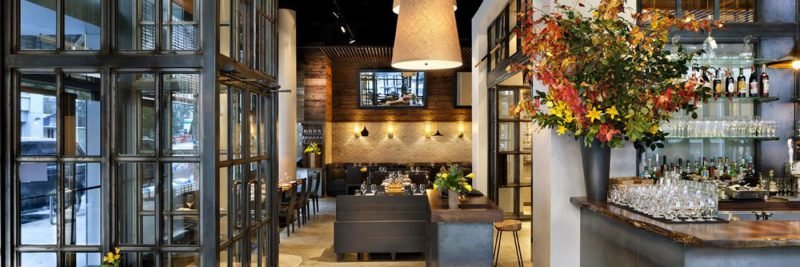
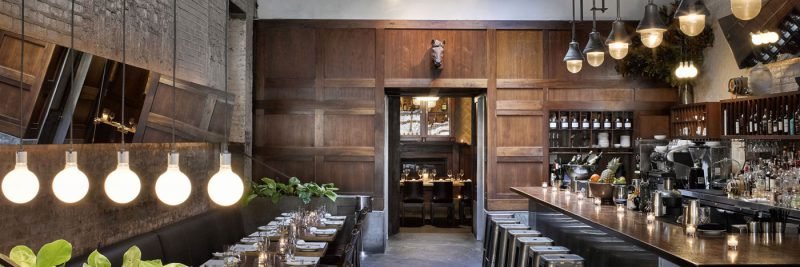
The startup is seeing the use of restaurants as their first type of space reprogramming, and they might expand to other types of spaces in the future. A few years ago, we already wrote about a concept in Amsterdam where people could turn their own living rooms into co-working spaces. We’re curious to see how this trend will develop further…
